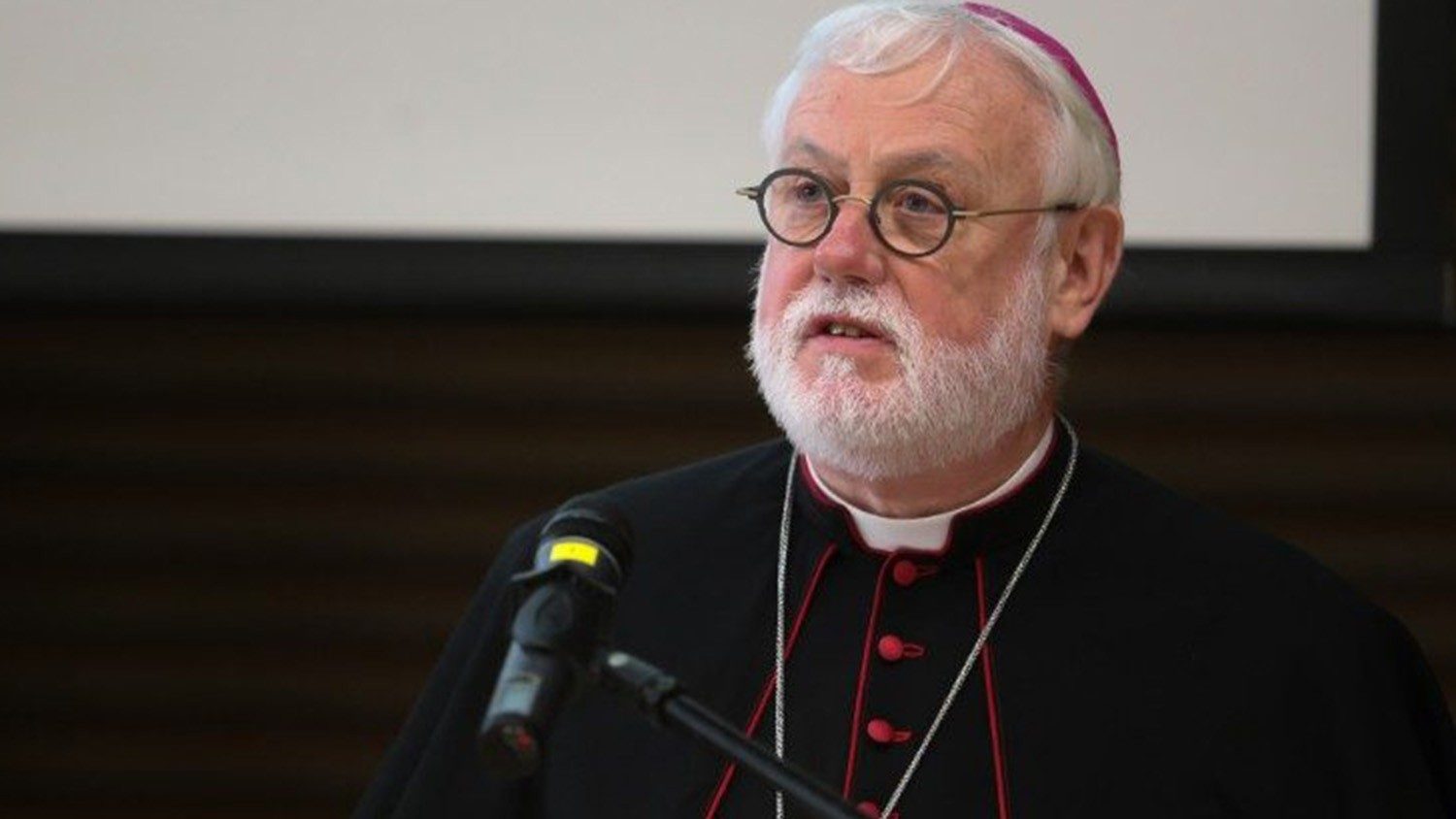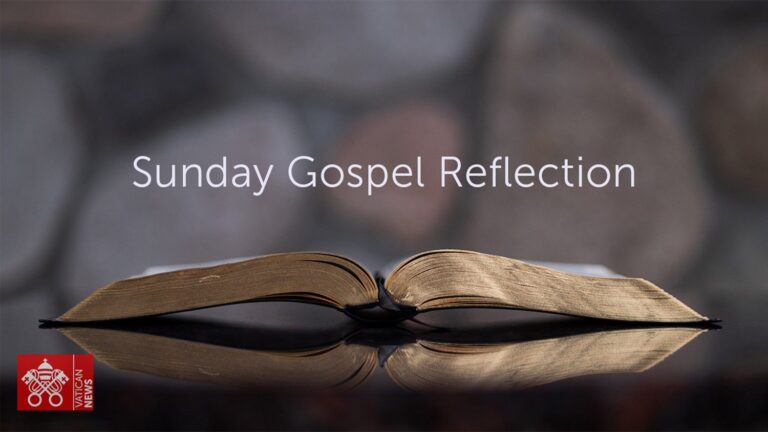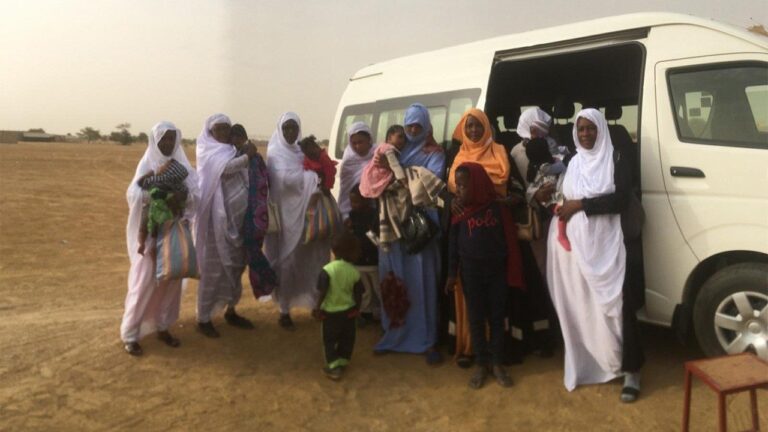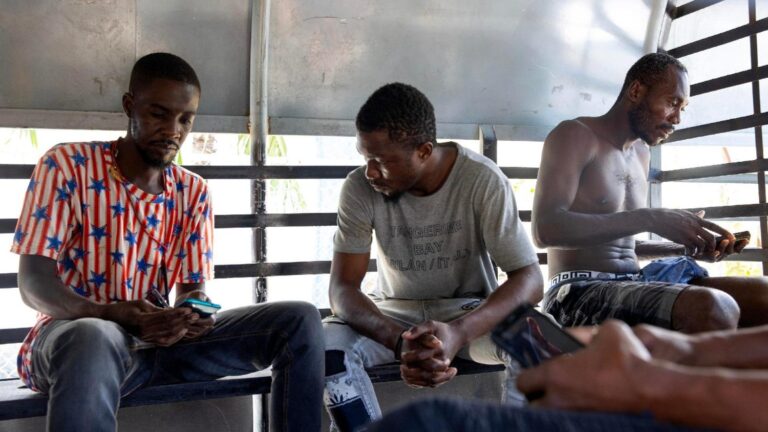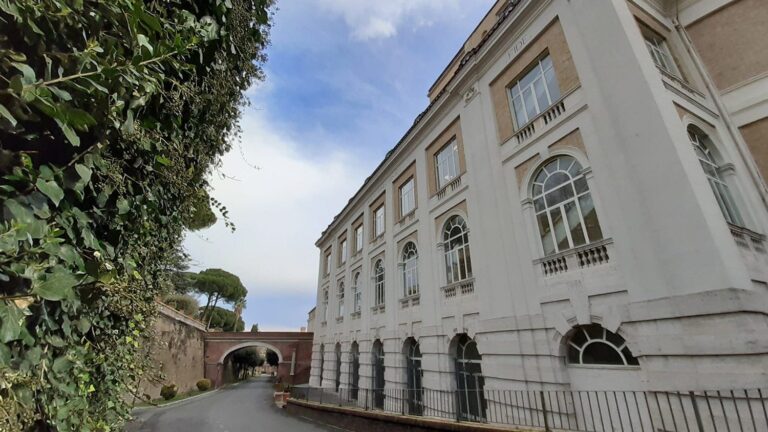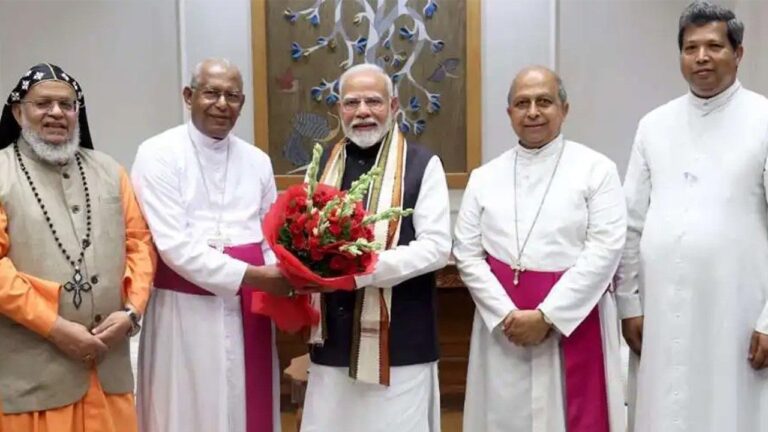Gallagher recalls 76th anniversary of Israel’s independence
Vatican Secretary for Relations with States and International Organizations Archbishop Paul Richard Gallagher marks the 76th anniversary of Israel's independence, recalling the history between the Holy See and Israel and expressing the belief that dialogue and collaboration in favor of peace are possible.
Deborah Castellano Lubov
Archbishop Paul Richard Gallagher, Vatican Secretary for Relations with States and International Organizations, spoke Thursday, June 6, at the Israeli Embassy to the Holy See, to commemorate the 76th anniversary of Israel's independence.
He began by reiterating that the creation of the State of Israel and its recognition under international law have always been respected by the Holy See – a respect evidenced by the establishment of full diplomatic relations.
He recalled that 30 years ago, on June 15, 1994, the two respective diplomatic missions of the Apostolic Nunciature in Israel and the Embassy of the State of Israel to the Holy See were inaugurated.
“The political choice of the Holy See to establish relations with Israel remains deeply determined,” he said, explaining: “This choice is motivated by the conviction that to the extent that the existence of Israel cannot be called into question, the long-standing position of the Holy See remains for some time.”
October 7, 2023
“This,” Archbishop Gallagher said, “became even clearer after the horrific October 7 terrorist attack carried out by Hamas and other militias against the Israeli people, in which hundreds of people, including many Jews, were brutally killed, raped and taken hostage in a barbaric manner. “.
Echoing Pope Francis' words before the diplomatic corps last January, in which he renewed his “condemnation” of this act and of all cases of terrorism and extremism, the Vatican diplomat reaffirmed that “terrorism is not not the solution to any conflict” but rather “an act of total disregard for human life, and no motivation, much less political or religious, can justify it.”
As the archbishop spoke of his meeting with the families of the hostages in Germany on the sidelines of the Munich Security Conference, Archbishop Gallagher said: “I renew my empathy and my sorrow for what happened.”
“Their suffering is great,” he lamented, adding: “It increases every day, especially when there is no quick solution in sight.”
Pope's calls for release of hostages
He recalled Pope Francis' constant closeness to the families, not only through his repeated calls for the immediate release of the hostages, but also through his meetings with their loved ones in groups and individually. The Pontiff also expressed his closeness in his letter to the Jewish communities of Israel, expressing his sadness and sorrow and his condemnation of all forms of anti-Semitism.
The October 7 attack, Archbishop Gallagher acknowledged, triggered a strong Israeli military response in Gaza, which was followed, he added, by further military attacks against Israel by many different non-state actors. from Lebanon, Yemen and elsewhere.
“On several occasions,” he observed, “certain actions have brought the situation to the brink of a very dangerous conflict on a regional scale.”
Three demands: ceasefire, release of hostages, humanitarian aid
“In these difficult and complicated circumstances,” he insisted, “the Holy Father Francis has formulated three clear demands in his appeals: a ceasefire on all fronts; the immediate release of all Israeli hostages and the unhindered delivery of humanitarian aid to the affected Palestinian population.
He said that “the fundamental principle of humanity must never be abandoned or eclipsed by military strategies”, because “otherwise the principles of necessity and proportionality would inevitably be compromised”.
In conflicts, he said, “the Holy See must adhere to the principles of neutrality.” This, he clarified, “does not mean being morally indifferent”, because “the Holy See does not close its doors to anyone and strives to understand the motivations and perspectives of each person”.
30 years of diplomatic relations
He added that the thirty years of diplomatic relations between the Holy See and Israel have been marked by progress and challenges, as well as by a desire to cooperate in the best possible way, particularly in many areas of cooperation between the Holy See. -Headquarters and Israel.
For example, he cited the popes' visits to Israel as “having accelerated the development of closer and deeper mutual knowledge”, as well as Pope Francis' invocation for peace in the Holy Land, which took place in the Vatican gardens ten years ago with then Israeli President Shimon Peres, Palestinian President Mahmoud Abbas and Constantinople Ecumenical Patriarch Bartholomew I, an event that Pope Francis will commemorate on Friday.
Great need for peace
This, Bishop Gallagher noted, “gives us hope and reminds us that dialogue and understanding are possible.” There is a great need for peace which, he said, he hopes can “be achieved in Israel as soon as possible, as soon as possible!”
The Vatican diplomat concluded by saying that his wish and hope for the State of Israel is akin to what Pope Francis wrote in his Bull of Indiction for the 2025 Jubilee, namely that the need for peace calls on us all to take concrete measures and that diplomacy “be tireless” in its commitment “to seek every opportunity to engage in negotiations with a view to lasting peace.” “Peace, Shalom, Salam!”, he concluded.
